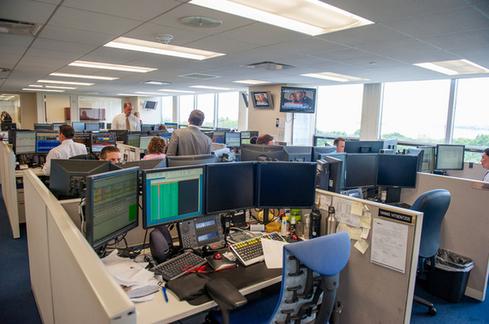01:07 PM
Second-Tier Banks Need Capital Top-Up By 2016
ZURICH/LONDON, Oct 11 Nationally important banks will need to hold extra capital from 2016 to cushion the impact on their domestic economies if they hit trouble, but the global banking watchdog will leave it up to national regulators to say how much more.
Banks identified by national regulators as domestically important will have to hold extra common equity from January 2016, the Basel Committee on Banking Supervision said on Thursday.
However, its rules for domestic systemically-important banks, known as D-SIBs or D-SIFIs, will be far less prescriptive than for the world's top 29 banks, which have to hold up to 2.5 percentage points extra core capital by the same date.
The Basel Committee did not say how many banks would be affected, but it could include about 50 banks in Europe and between 100 and 200 globally.
"The failure of such a bank could have a much greater impact on its domestic financial system and economy than that of a non-systemic institution," it said.
"Some of these banks may have cross-border externalities, even if the effects are not global in nature."
National regulators have already forced banks across the world to increase capital to provide a bigger shield for taxpayers and depositors, after the financial crisis showed capital cushions were too low in the past.
These requirements mean Basel's guidelines for extra capital have already been met in many countries, or will be by new rules coming into force.
"Given the size of many European banks to their country's GDP, we think national rules - such as in the UK, Sweden and Holland - will often trump the proposed domestic SIFI guidelines," said Huw van Steenis, analyst at Morgan Stanley in London.
All banks across the world must have core capital buffers of at least 7 percent of risk weighted assets under a global accord known as Basel III which is being phased in from January.
The extra capital requirements for the top banks and next tier down would be on top of that 7 percent minimum.
Countries like Britain and Switzerland have already told their banks to hold in excess of 10 percent, and investors have also signalled they want banks to hold capital above 7 percent.
The Basel Committee issued more prescriptive rules for the biggest banks last November, requiring banks like HSBC, J.P. Morgan, Deutsche Bank and Goldman Sachs to hold between 1 and 2.5 percentage points extra, depending on their size and inter-connectedness.
The aim is to prevent taxpayers being called on to rescue banks and to limit the risk to the wider financial system if they fail.
Europe's banking regulator included 70 banks in its latest recapitalisation exercise, which included big global banks and those considered nationally important in one EU country, while the United States could consider more than 20 banks nationally important.
Copyright 2010 by Reuters. All rights reserved.




















